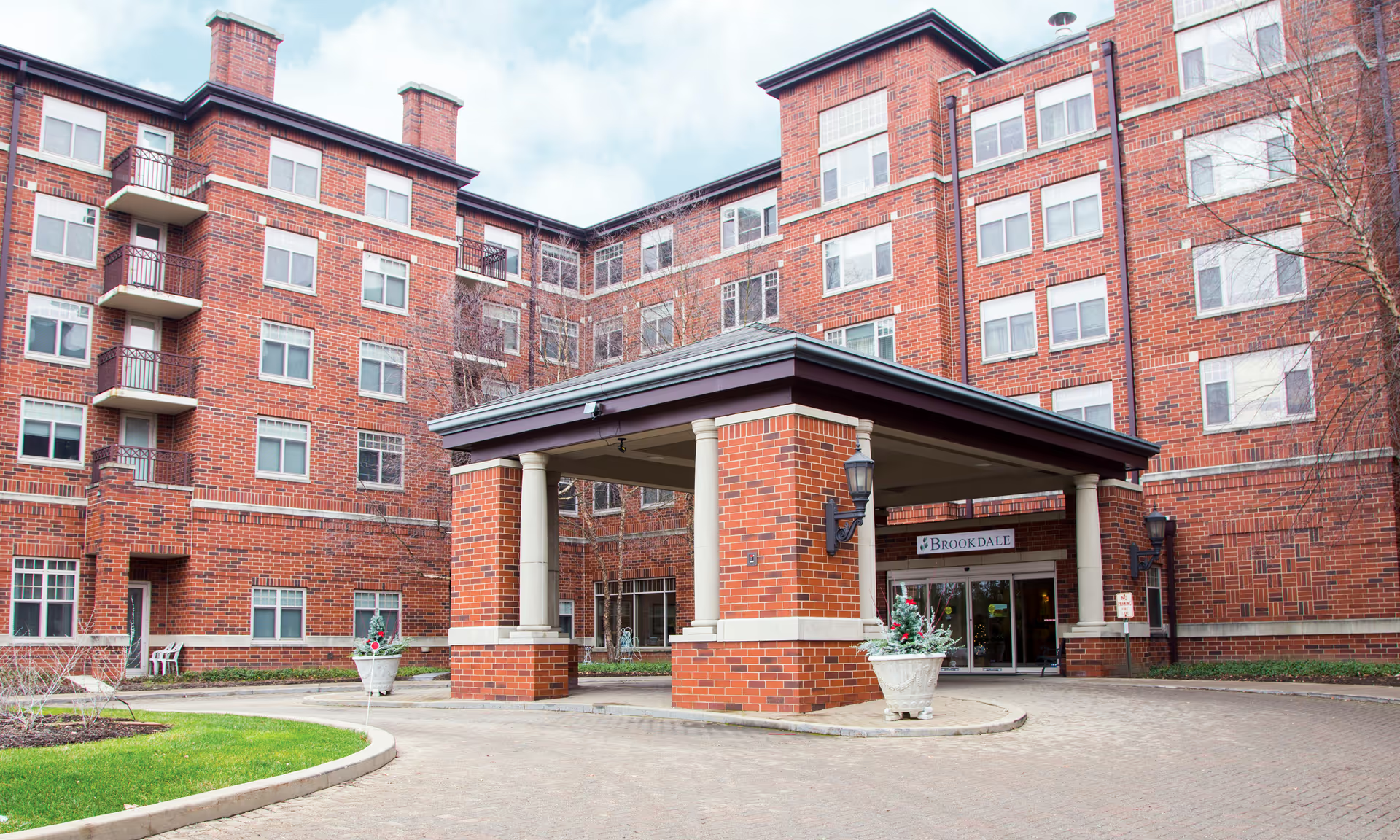Overall impression: Reviews for Altercare Canal Winchester are sharply mixed, with a clear bifurcation between consistently highly praised rehabilitation services and frequent, sometimes severe concerns about nursing care, staffing, sanitation, and communication. Many families and former residents singled out the therapy/rehab department as a major strength — therapists and the therapy managers are repeatedly described as professional, effective, responsive, and instrumental to recovery. Several reviewers report regained independence, frequent PT sessions (2–4x weekly or sometimes twice daily), and excellent coordination from that department. For people primarily seeking short-term post-acute rehabilitation, the facility frequently meets or exceeds expectations.
Staffing and nursing care: A dominant theme across the negative reviews is understaffing and inconsistent nursing-level care. Numerous reports document delayed or ignored call lights, long waits for medications or assistance with toileting and hygiene, and situations where residents were left for hours or days in chairs or in soiled linens. Several reviewers describe missed wound or dressing changes, infrequent bathing, and lack of routine hygiene assistance (teeth brushing, shaving), which led to declines in condition for some residents. There are multiple accounts of medication errors or delays, missed pain medications, and disagreement about whether certain monitoring equipment (ECG) was available and used. These patterns point to unpredictable nursing coverage and gaps in clinical follow-through when acuity is higher than basic rehab needs.
Safety, sanitation, and clinical incidents: Beyond responsiveness, some reviews raise serious safety and infection-control concerns. Reported issues include soiled rooms, trash and leftover food left in rooms, urine-stained clothing found in closets, a shared ice scoop touched by many hands, and at least one reported bedbug incident. More alarming are clinical safety incidents described by reviewers: delayed emergency responses to chest pain or low blood pressure, skin tears with subsequent infection, potential E. coli risk from unsanitary conditions, and cases where families felt forced to escalate to external authorities or move loved ones for safety reasons. While not every reviewer encountered these problems, the recurrence of sanitation and emergency care complaints is significant and warrants attention by prospective residents and families.
Facility condition, privacy, and amenities: Physical impressions vary by reviewer and wing. Multiple comments praise private rooms with generous dresser and closet space, bright common areas, modern reception areas and pleasant outdoor views. Conversely, others describe outdated equipment (old beds and wheelchairs, missing foot rests), broken windows, tiny private rooms, or no-frills, run-down sections. Privacy issues are noted when rooms effectively become semi-shared because of privacy curtains and shared bathrooms. Some wings have community showers and shared toilet/sink setups that many families found unacceptable for long-term stays. Ice machines, communal supplies, and cleaning protocols were also called out as inconsistent, which feeds into the sanitation concerns.
Dining, activities, and daily life: Food quality and dining service are recurring complaints: cold meals, limited variety, repetitive menus (cheap bread and low-quality proteins), and lost or mishandled frozen entrees. A smaller subset of reviewers, however, found the dining acceptable or better-than-average. Activities are offered (bingo, movies, beauty salon, church services, Bible studies) and some residents enjoy them, but several reviewers said activities were too few, not adapted to resident interest, or not expanded even when families volunteered to help. COVID-era visitation limits and long Medicaid-processing times also affected family perception of quality and access.
Communication, administrative, and discharge issues: Many families described poor communication — unanswered calls, incorrect orders entered, changing orders without family consultation, and discharge without adequate homecare setup or notification. Billing errors and miscommunicated charges appear repeatedly, as do confusing or frustrating Medicaid transitions. Social work and admissions experiences are mixed: some reviewers praise helpful and thorough social workers, while others report rude or insensitive behavior. These administrative inconsistencies compound clinical concerns and make planning transitions in and out of the facility challenging.
Overall assessment and patterns: The clearest pattern is a split between an outstanding therapy/rehab program and an inconsistent nursing/skilled care experience that appears to be driven largely by staffing shortages, training gaps, and lapses in infection control and administrative coordination. For patients whose primary need is focused, short-term rehabilitation and who will be closely monitored by family or external clinicians, Altercare’s therapy services may provide excellent outcomes. For residents requiring continuous skilled nursing, reliable medication management, strong infection control, or more attentive long-term personal care, the reviews point to a risk of neglect, delays, and potentially dangerous lapses.
What prospective residents and families should consider: If you are considering Altercare Canal Winchester, weigh the strong rehabilitation reputation against recurring reports of staff shortages, inconsistent nursing care, sanitation concerns, and administrative problems. Ask specific, recent questions about nurse-to-resident ratios on the unit where the person will stay, infection-control protocols, how emergencies are handled (e.g., ECG availability), daily hygiene and toileting assistance policies, call-bell response times, and discharge planning procedures. Visit the exact wing where the patient will be housed, inspect the room and bathroom arrangements, inquire how often physicians and nurse practitioners visit, and speak directly with therapy staff if rehabilitation is your main goal. Finally, if nursing-level clinical oversight and safety are critical, seek recent, documented assurances and consider a backup plan because reviews show variability in the quality and reliability of skilled nursing services.







